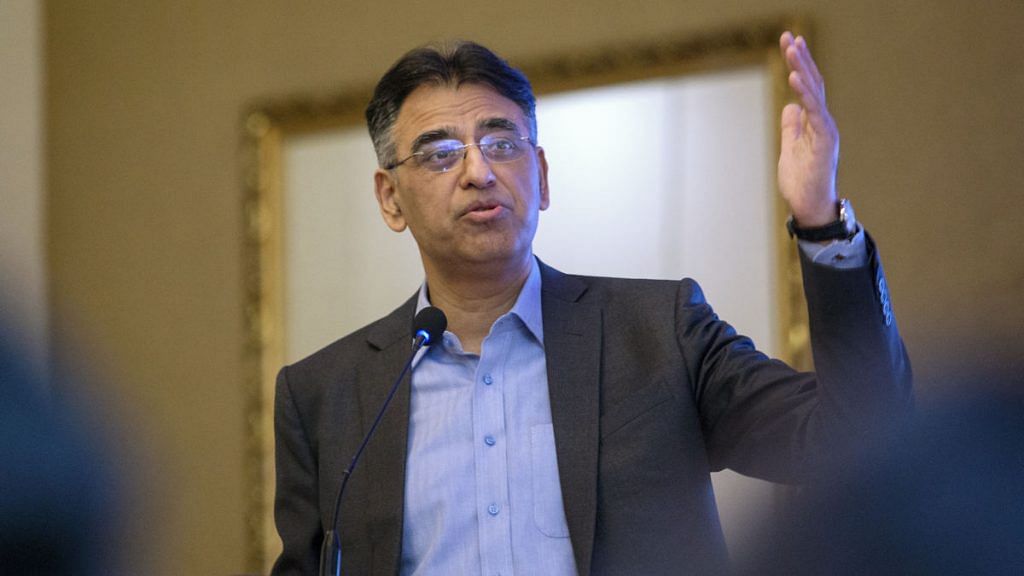Islamabad: Pakistan on Thursday demanded that the acceptability of a coronavirus vaccine for travel across the world should be determined by a global institution like WHO instead of allowing individual nations to make such a decision.
Planning Minister Asad Umar, who is also head of anti-corona National Command and Operation Centre, tweeted that the World Health Organisation (WHO) should be given powers to decide on the vital issue.
Vaccine acceptability decisions have to be taken by a global institution like WHO. Each country deciding which vaccine is acceptable for travel to that country is creating chaos. The health & well-being of world citizens cannot become hostage to global geo-strategic rivalries, he said.
The demand was made as Pakistan faced problems due to its dependence on China for vaccines which are not accepted by many countries for travels, who only accept Pfizer, Moderna and AstraZeneca.
Pakistan has administered more than 13.5 million doses and the vast majority of them are one of the three Chinese vaccines, including Sinopharm, SinoVac and CanSino. Though the country was also provided 1.2 million doses of AstraZeneca and 100,000 doses of Pfizer.
The western vaccines are preferably provided to those Pakistanis going abroad for work or students studying in foreign universities.
Meanwhile, Pakistan detected 1,097 news cases, taking the tally of confirmed cases to 951,865. Another 38 people died due to the pandemic and the number of dead reached to 22,108, according to the Ministry of National Health Services.
Also read: Pakistan wants to be an IT power, hopes to woo global giants with tax breaks, tech zones
